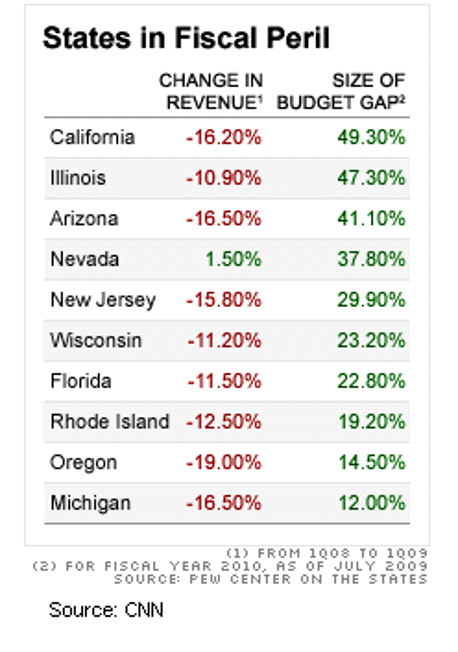Mr Khan said:
Kasz216 said:
Mr Khan said:
The issue with leaving it up to the states is that some states would simply half-ass it, like the huge mire we have with education.
Unless you presented certain targets of care that each state had to provide, and left it up to them to figure out how to do it, but how to remove incentive from failure? |
I'd actually argue that the opposite is true. The problem with education is that such targets DO exist.
Because... they do. Without specific requirements, states that do poorly have no excuse vs states that do try, and people will leave the states that do poorly.
ESPIECALLY with health. I mean, what company is going to stay in a state with bad healthcare if a better one is right across the state lines? The states with better healthcare should attract more buisnesses and people because they won't have to pay for it.
Though if you wanted incentives vs the states... there is plenty of things you can do... like withold other money. Just how the highway money is often used to blackmail states.
|
You assume greater mobility of people than is actually the case. While there would be some movement in the margins, populations gains/loss from education quality can't be that significant. Florida is apparently known for fairly poor educational standards, yet they keep gaining population
Which is the whole practical problem with all "competition will sort itself out" arguments, simply that people are not as mobile as they "should" be for such systems to really work.
|
This seems like a strange arguement, here you are arguing
1) There is lots of economic mobility to Florida despite their poor education scores.
2) There is not a lot of mobility.
Seems contradicting. Outside which, though Florida is ranked poorly in achivement. Standards wise it is one of the highest ranked schools.
http://www.edweek.org/ew/articles/2011/01/13/16stateofthestates.h30.html?tkn=OZWFBPfso6GowQRnY7ZhYpGKp6j6W1ufX5AC&cmp=clp-edweek#
I can't really speak of florida, but I can speak of Nevada. One of the worst states education wise. Most people with kids either flees or puts their kids in charter schools if they can avoid it.
Yet still saw plenty of population growth due to construction jobs and illegal immigration. AS such, the tax base has kinda collapsed, Nevada is in huge debt... can't attract buisnesses because it's workers education is poor... etc.



























































